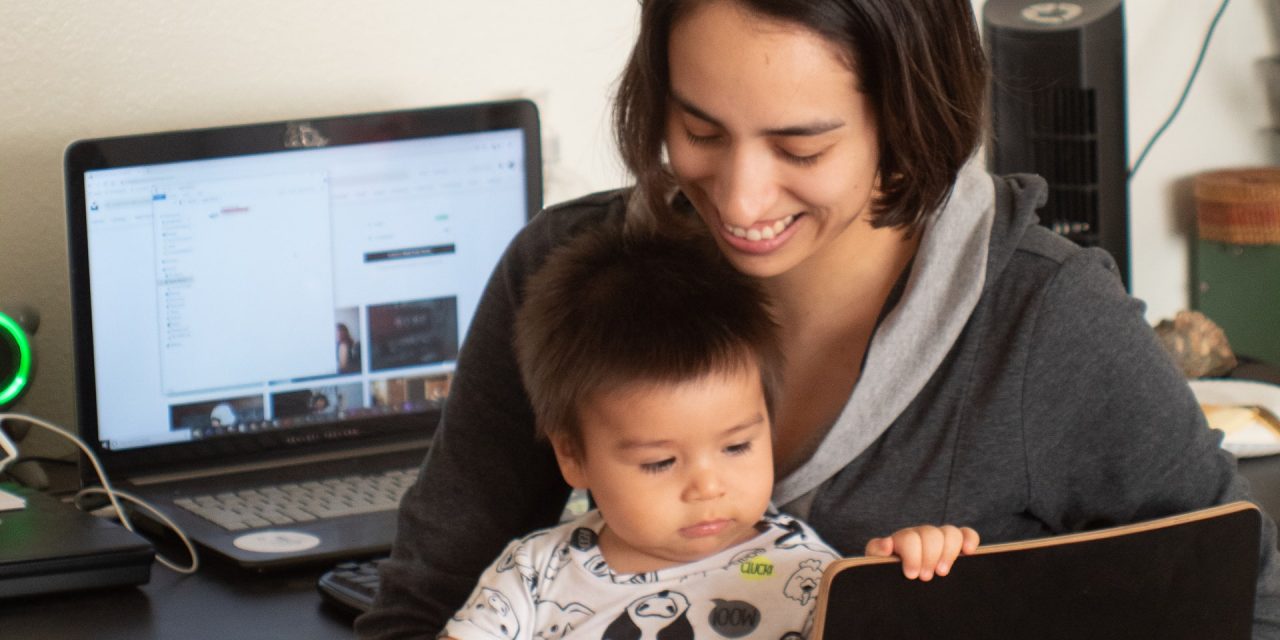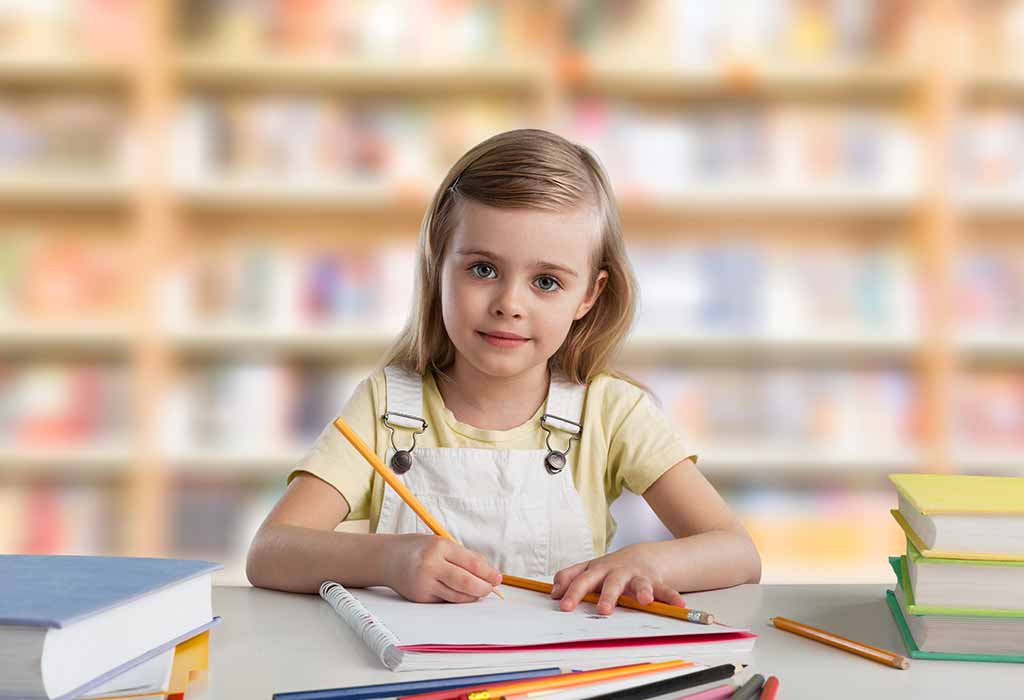Why Do Children React Differently to Traumatic Events?
Children react differently to traumatic events due to factors like their developmental stage, past experiences, coping mechanisms, support systems, biological factors, cultural influences, and resilience. Younger children may struggle to understand and regulate emotions, while past experiences can magnify the impact of trauma. Coping styles and the availability of support play significant roles in how they navigate challenging situations. Genetic predispositions, cultural norms, and factors like resilience also shape their reactions. Acknowledging these diverse influences can help in understanding and supporting children through traumatic experiences.
Key Takeaways
- Developmental stage influences cognitive, emotional, and social responses.
- Past experiences impact emotional regulation and coping mechanisms.
- Trauma affects emotional regulation and behavioral changes.
- Coping styles and support systems play crucial roles in managing trauma.
- Biological and cultural factors influence reactions to traumatic events.
Developmental Stage
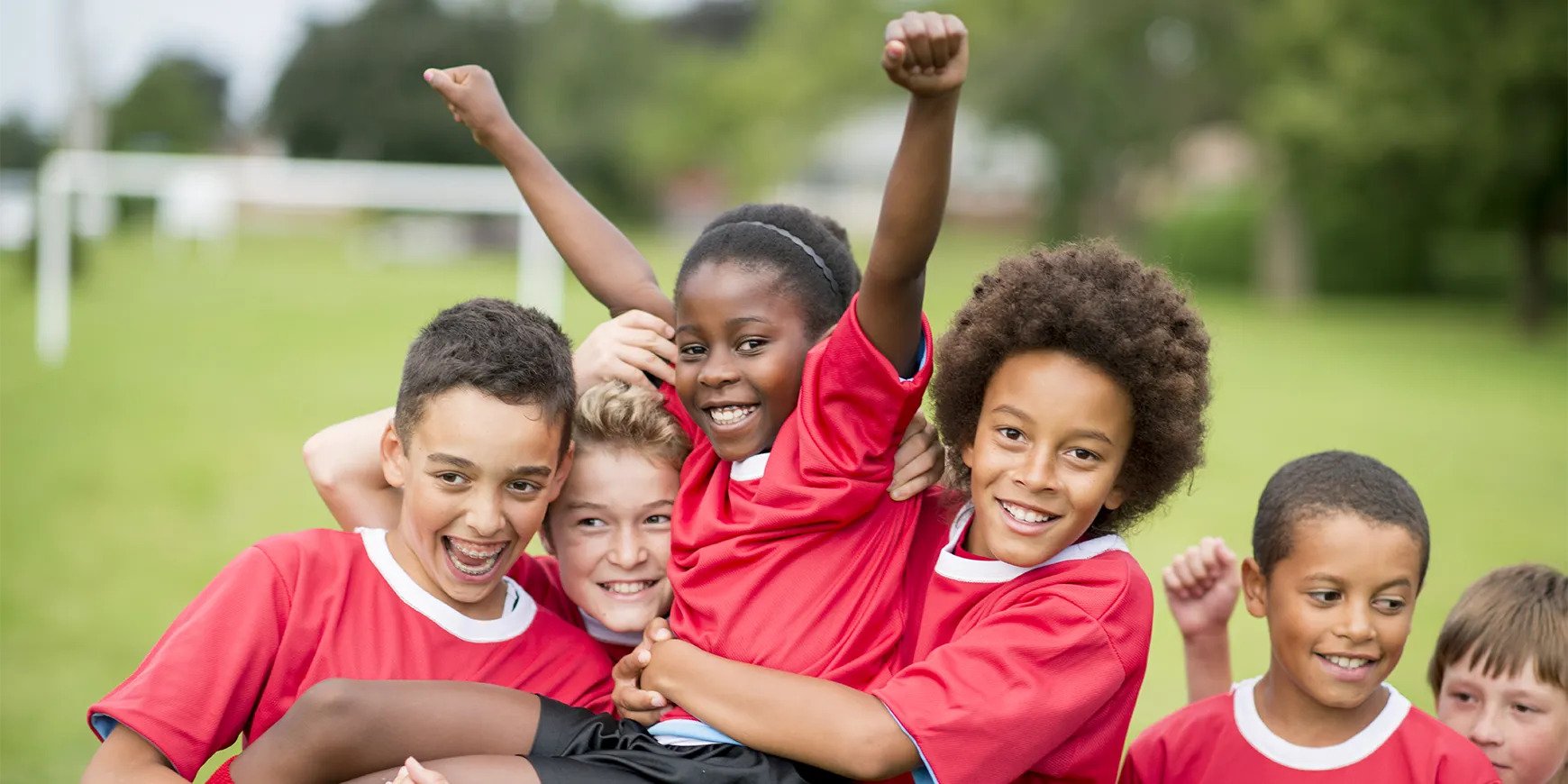
Children’s reactions to traumatic events can vary substantially based on their developmental stage, influencing how they process and cope with such experiences. Understanding the impact of developmental stages on cognitive development, emotional responses, social interactions, and behavioral changes is essential in providing effective support to children who’ve experienced trauma.
Young children, in the early stages of cognitive development, may struggle to understand the complexities of traumatic events, leading to confusion and fear. Their emotional responses can be intense and overwhelming, often manifesting through expressions of distress or regression in behavior. Social interactions may also be affected, with younger children seeking comfort and security from familiar caregivers.
As children progress through developmental stages, their cognitive abilities become more sophisticated, allowing for a deeper comprehension of traumatic events. Emotional responses may become more nuanced, with older children exhibiting a wider range of reactions such as anger, sadness, or anxiety. Social interactions could also shift, as children may seek peer support or withdraw from social situations. Behavioral changes might include increased risk-taking or a desire for independence as they navigate the aftermath of trauma.
Past Experiences

As a child, your past experiences play a significant role in how you respond to traumatic events.
Trauma can magnify the impact of past negative experiences, potentially intensifying emotional reactions and distress.
On the other hand, positive past experiences can serve as coping mechanisms, providing a sense of resilience and support during difficult times.
Impact of Trauma
Experiencing traumatic events in the past can greatly influence how children react to similar situations in the present. The impact of trauma on children’s emotional regulation and behavioral changes is significant.
Children who’ve undergone trauma may struggle with managing their emotions, leading to outbursts, mood swings, or difficulty expressing their feelings. This can stem from a lack of trust in others or a fear of vulnerability due to past traumatic experiences.
Additionally, trauma can manifest in various behavioral changes such as aggression, withdrawal, or an increased need for control. These alterations in behavior serve as coping mechanisms that children develop to protect themselves from perceived threats.
Understanding the impact of trauma on emotional regulation and behavioral changes is vital in supporting children who’ve experienced traumatic events. By recognizing the signs of trauma and providing a safe and understanding environment, caregivers and professionals can help children navigate their emotions and behaviors effectively.
It’s essential to approach these children with empathy and patience, acknowledging the lasting effects of past traumatic experiences on their present reactions.
Coping Mechanisms
Understanding how children develop coping mechanisms based on their past traumatic experiences is essential in providing effective support and intervention. Children who’ve experienced trauma may struggle with emotional regulation and managing stress responses. These past experiences can shape the coping strategies they employ when faced with new challenges or triggers.
It is vital to recognize that each child may have unique self-soothing techniques that they’ve developed as a result of their past traumas. Some children may turn to activities like drawing or listening to music to calm themselves, while others may seek comfort in routines or physical activities.
By understanding these coping mechanisms, caregivers and mental health professionals can better assist children in building healthier ways to cope with stress and overwhelming emotions.
Encouraging the development of positive coping strategies, such as deep breathing exercises or mindfulness techniques, can help children navigate difficult situations more effectively. By providing a supportive environment that acknowledges their past experiences and promotes healthy coping mechanisms, children can learn to regulate their emotions and manage stress in a more adaptive manner.
Coping Mechanisms
When faced with traumatic events, children often develop individual coping styles that help them navigate through challenging circumstances.
The impact of support systems, such as family, friends, and professionals, plays a pivotal role in how children manage and recover from trauma.
It’s essential to take into account a child’s age and developmental stage when evaluating their coping mechanisms to provide tailored support and interventions.
Individual Coping Styles
Children facing traumatic events often exhibit a range of individual coping styles, which play an important role in their emotional resilience and recovery process. When dealing with trauma, children may employ various cognitive strategies and emotional responses to navigate their experiences.
Some children may use problem-solving skills to make sense of the situation, while others might rely on distraction techniques to manage overwhelming emotions. Understanding these individual coping styles is vital in supporting children effectively during challenging times.
It is essential to recognize that each child’s coping mechanism is unique and can evolve over time. Some children may express their emotions openly, seeking comfort and validation from trusted individuals, whereas others may internalize their feelings, needing time and space to process independently.
By acknowledging and respecting these differences in coping styles, caregivers and professionals can provide tailored support that meets the specific needs of each child.
Encouraging healthy coping mechanisms and fostering open communication can help children build resilience and navigate trauma in a way that promotes healing and growth. By recognizing and validating their individual coping styles, we can empower children to effectively cope with and recover from traumatic events.
Support Systems Impact
Recognizing the impact of support systems on coping mechanisms is essential in understanding how children navigate traumatic events. Family dynamics play an important role in providing a safe and nurturing environment for children to express their emotions and seek comfort. When families offer support and open communication, children are better equipped to process and cope with traumatic experiences.
Additionally, community support can offer a sense of belonging and stability, reinforcing a child’s resilience.
Peer relationships and the school environment also greatly influence a child’s coping mechanisms. Positive peer interactions can serve as a source of emotional support and understanding. Schools that prioritize mental health resources and provide a supportive atmosphere can help children feel secure and cared for during challenging times.
Age and Development
Understanding how age and developmental stage influence coping mechanisms is vital in supporting children through traumatic events. Brain development plays a significant role in how children process and respond to trauma. Younger children, whose brains are still developing, may struggle to regulate their emotions effectively, leading to more intense emotional responses. This can manifest as heightened anxiety, confusion, or behavioral changes.
On the other hand, older children with more developed cognitive abilities may employ various coping strategies, such as problem-solving or seeking social support.
Cognitive abilities also impact how children cope with traumatic events. Younger children may have limited cognitive skills, affecting their understanding of the situation and ability to articulate their feelings. In contrast, older children can better comprehend the event, express their emotions, and engage in more complex coping mechanisms.
Support Systems
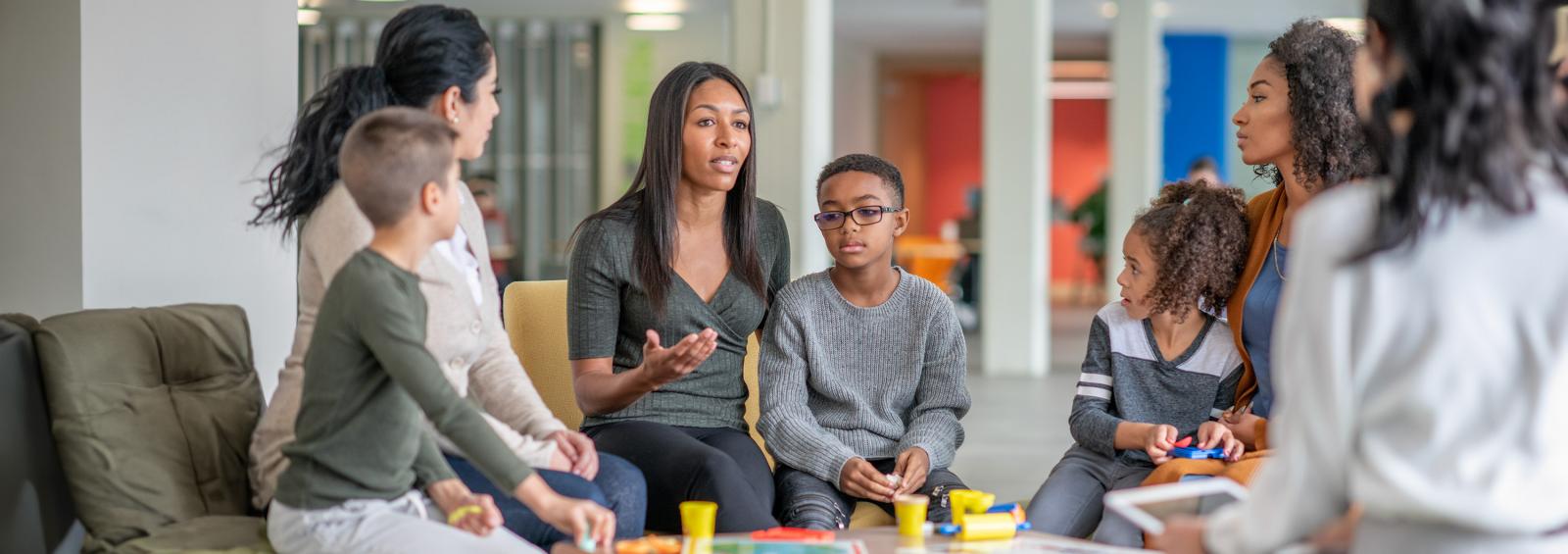
One important factor to keep in mind when addressing children’s reactions to traumatic events is the presence of strong and reliable support systems. Peer support plays a pivotal role in helping children navigate through difficult times. Having friends who understand and empathize with their experiences can provide comfort and a sense of belonging. Encouraging children to lean on their peers can foster resilience and emotional well-being.
Furthermore, family dynamics play a significant role in how children cope with traumatic events. The stability and support within the family unit can greatly impact a child’s ability to process and recover from a distressing experience. Open communication, trust, and a nurturing environment at home can create a safe space for children to express their emotions and seek comfort when needed.
In times of crisis, ensuring that children have access to supportive peers and a strong family foundation can make a significant difference in their ability to cope and heal from traumatic events.
Biological Factors
The biological factors influencing children’s reactions to traumatic events can greatly impact their emotional responses and coping mechanisms. Genetic predisposition plays a significant role in shaping how children respond to trauma.
Some children may have a genetic predisposition towards anxiety or depression, which can intensify their reactions to traumatic events. Understanding these genetic influences can help tailor interventions to better support these children.
Moreover, brain chemistry is another vital biological factor to take into account. Neurotransmitters like serotonin and dopamine play key roles in regulating mood and stress responses.
Variations in brain chemistry can affect how children process and cope with traumatic events. For instance, imbalances in neurotransmitters may contribute to heightened anxiety or difficulty in regulating emotions after a traumatic experience.
Cultural Influences
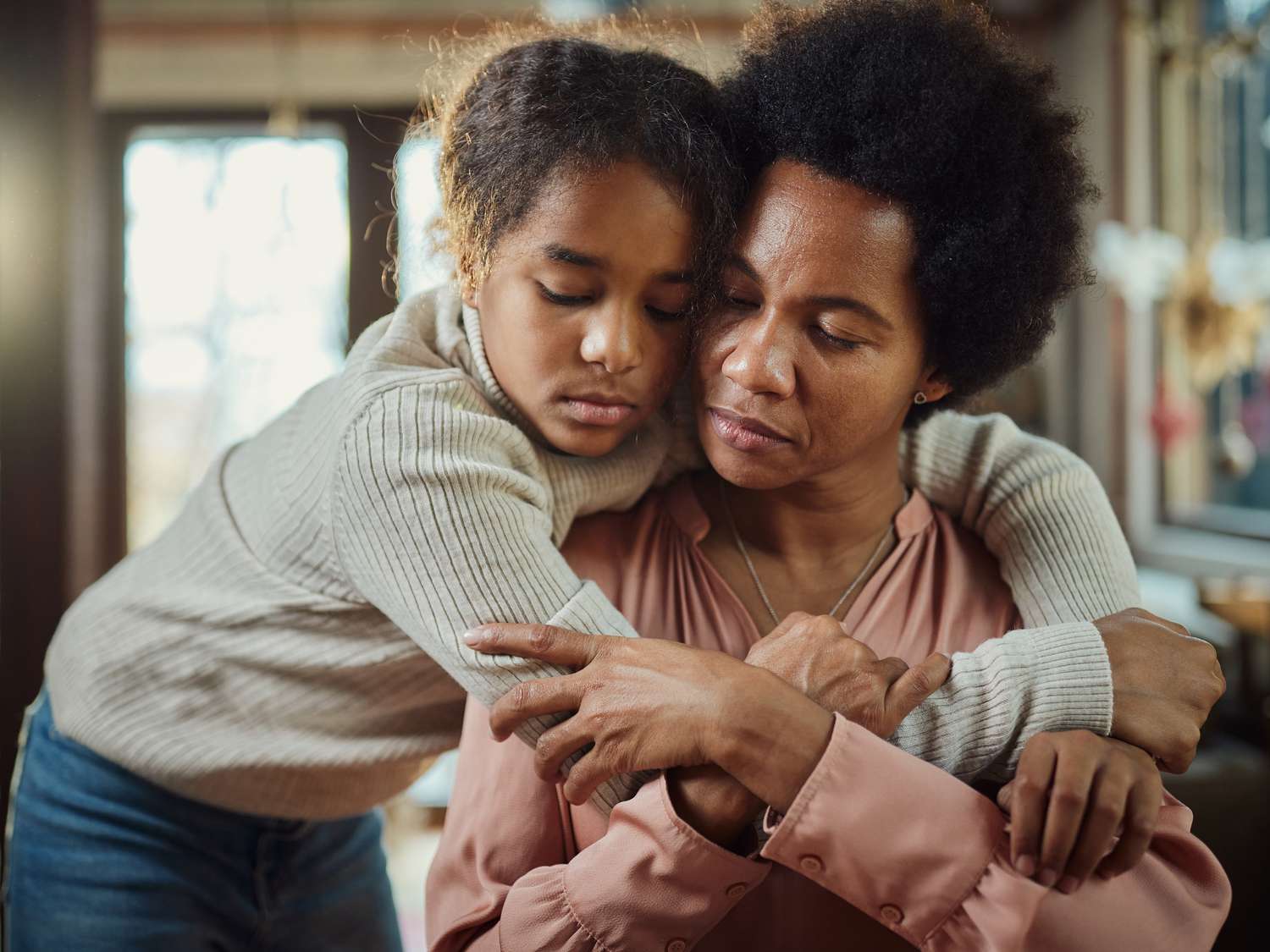
Cultural influences shape how children interpret and respond to traumatic events, impacting their coping strategies and emotional well-being. Family dynamics play an essential role in determining how children process trauma. In some cultures, strong family support systems may provide a sense of security and stability, aiding in the recovery process. On the other hand, in cultures where discussing emotions is taboo, children might struggle to express their feelings openly, hindering their ability to heal.
Community norms also play a significant role in shaping children’s responses to trauma. In communities where seeking professional help is stigmatized, children may rely solely on traditional healing methods, potentially affecting their recovery outcomes.
Religious beliefs can offer comfort and hope to children facing traumatic events, providing them with a sense of purpose and guidance through difficult times. Conversely, societal expectations regarding resilience and emotional expression may influence how children perceive their own reactions to trauma, impacting their willingness to seek help or support.
Resilience Factors

How do children develop resilience in the face of traumatic events?
Resilience in children can be fostered through a combination of protective factors and coping strategies. Protective factors such as a stable and caring environment, positive relationships with caregivers, and a sense of belonging can greatly contribute to a child’s ability to navigate traumatic experiences.
Teaching children effective coping strategies, like problem-solving skills and positive thinking, can empower them to manage stress and adversity more effectively.
Emotional regulation plays an essential role in building resilience. Helping children identify and express their emotions in healthy ways, teaching them relaxation techniques, and encouraging mindfulness can enhance their emotional resilience.
Additionally, social support from family, friends, teachers, and other trusted individuals can provide children with a sense of security and comfort during challenging times.
Frequently Asked Questions
Can Traumatic Events Impact a Child’s Future Relationships?
Traumatic events can deeply affect a child’s future relationships. Social development and emotional well-being may be impacted, leading to trust issues and challenges with interpersonal skills. Seeking support and therapy can help navigate these difficulties.
How Do Traumatic Events Affect a Child’s Academic Performance?
Traumatic events can impact a child’s academic performance by affecting cognitive development and emotional well-being. These experiences may hinder focus, memory, and concentration, leading to difficulties in achieving academic success and engaging in positive social interactions.
Do Traumatic Events Influence a Child’s Self-Esteem?
Traumatic events can impact a child’s self-esteem, affecting their self-worth. How they cope, emotional resilience, and support systems play vital roles. Understanding these dynamics helps in nurturing a child’s overall well-being and development.
Can Traumatic Events Lead to Behavioral Changes in Children?
Traumatic events can indeed cause behavioral changes in children. They may exhibit social withdrawal or aggression as coping mechanisms. Emotional regulation can be challenging, impacting how they respond to stress and process their experiences.
How Do Traumatic Events Impact a Child’s Ability to Trust Others?
Traumatic events can create trust issues in children, impacting their emotional vulnerability. Children may struggle to confide in others due to fear of betrayal. Building trust through supportive relationships is vital for healing.
Conclusion
To sum up, understanding why children react differently to traumatic events involves considering their developmental stage, past experiences, coping mechanisms, support systems, biological factors, cultural influences, and resilience factors.
By recognizing these various factors, you can better support and help children navigate through difficult experiences, ultimately promoting their emotional well-being and resilience.
Remember, every child is unique and may require different forms of support to cope effectively with trauma.

Chad Adan Kace, a young dad from Vermont, shares his parenting journey with a touch of humor and lots of love. Father to a lively baby, he explores the joys and challenges of fatherhood through his stories.


